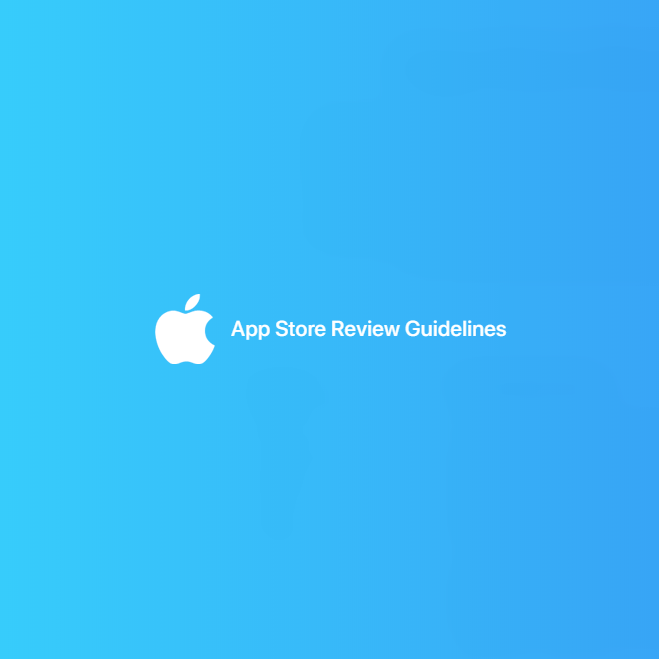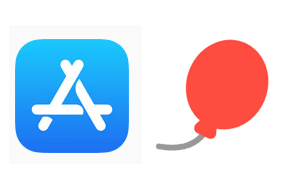
Apple has long forbid iOS app developers from collecting any device or network information, if they could be used directly or indirectly to identify users and their devices.
However, there are conditions, like if their services have publicly documented policies. And in an updated policy, Apple is allowing kids' apps to allow ads and data collection, as long as they don't collect or transmit any identifiable information, such as their name, date of birth, email address, location, or unique device identifier.
The revised Apple's policy for Kids Category apps deliberately change how Apple's App Store consider kids' apps.
.
With the change, Apple is attempting to reach a middle ground that allows iOS developers on the platform to thrive with expanded avenues for monetization, while also ensuring children’s digital privacy and safety to a certain extent.
New apps in the kids category are expected to follow the updated guidelines immediately, while existing apps have time until March 3, 2020 to ensure their compliance.
Apple is doing this, as explained by TechCrunch, after receiving feedback from developers, analytics companies, and advertising services.
In June for example, Apple was strict with apps in the kids category, by prohibiting all kinds of third-party ads or analytics, as well as data transmission to third-parties. App developers voiced their concerns, saying that the practice was hurting their businesses, forcing Apple to change its policy.
The change also follows YouTube, which was given a $200 million fine for violating the Children’s Online Privacy Protection Act (COPPA).
In response, the Google-owned video streaming giant has instituted an explicit ban on violent or “mature” videos targeting children, in addition to getting rid of targeted ads on children’s videos.

In another sector Apple is derestricting its rules, comes from the clarified policy about its single sign-on (SSO) feature. 'Sign in with Apple', as Apple calls it, allows users to sign in without providing any personal information like email addresses to third-parties.
The company has said the SSO option won’t be required in an app in the following cases:
- Uses an exclusive account setup and sign-in system.
- Requires users to sign in with an existing education or enterprise account, like G-Suite.
- Uses a government or citizen identification system or electronic ID to authenticate users.
- Acts as a client for a specific third-party service, like Google’s apps for iOS.
Immediately after the announcement, new apps submitted to Apple's App Sore that don't meet any of the above criteria, must offer Sign in with Apple to users. Existing apps have until April 2020 to be fully compliant.
Just like Google, Facebook and others, Apple has also experienced an increasing scrutiny from regulators.